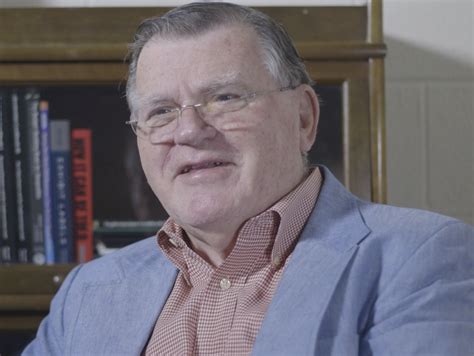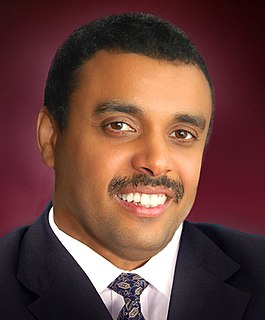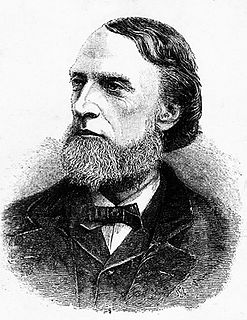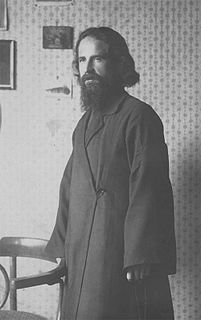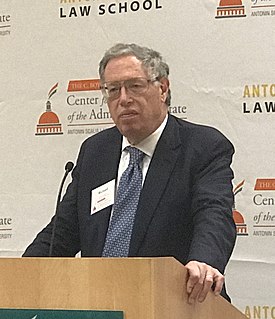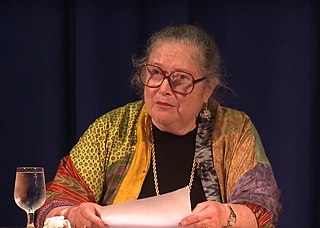A Quote by F. F. Bruce
Christian holiness is not a matter of painstaking conformity to the individual precepts of an external law code; it is rather a question of the Holy Spirit's producing His fruit in the life, reproducing those graces which were seen in perfection in the life of Christ.
Related Quotes
As a good Christian should consider every place as holy, because God is there, so he should look upon every part of his life as a matter of holiness, because it is offered unto God. The profession of a clergyman is a holy profession, because it is a ministration in holy things, an attendance at the alter. But worldly business is to be made holy unto the Lord, by being done as a service unto Him, and in conformity to His Divine will.
Without the Holy Spirit, Christian discipleship would be inconceivable, even impossible. There can be no life without the life-giver, no understanding without the Spirit of truth, no fellowship without the unity of the Spirit, no Christlikeness of character apart from His fruit, and no effective witness without His power. As a body without breath is a corpse, so the church without the Spirit is dead.
It is only in proportion as the Christian manifests the fruit of a genuine conversion that he is entitled to regard himself and be regarded by others as one of the called and elect of God. It is just in proportion as we add to our faith the other Christian graces that we have solid ground on which to rest in the assurance we belong to the family of Christ. It is not those who are governed by self-will, but "as many as are led by the Spirit of God, they are the sons of God" (Rom. 8:14).
Not simply the righteousness of our Saviour, not simply the beauty of His holiness or the graces of His character, are we to put on as a garment. The Lord Himself is our vesture. Every Christian is not only a Christ bearer, but a Christ wearer. We are so to enter into Him by communion, to be so endued with His presence, and imbued with His Spirit that men shall see Him when they behold us, as they see our garments when they look upon our bodies.
Prayer, fasting, vigils, and all other Christian practices, however good they may be in themselves, certainly do not constitute the aim of our Christian life: they are but the indispensable means of attaining that aim. For the true aim of the Christian life is the acquisition of the Holy Spirit of God. As for fasts, vigils, prayer and almsgiving, and other good works done in the name of Christ, they are only the means of acquiring the Holy Spirit of God. Note well that it is only good works done in the name of Christ that bring us the fruits of the Spirit.
But the fact that Christ as the bridegroom brings forth fruit through me as the bride, through the agency of the indwelling Holy Spirit by faith, opens the way for me as a Christian to begin to know in the present life the reality of the supernatural. This is where the Christian is to live. Doctrine is important, but it is not an end in itself. There is to be an experiential reality, moment by moment.
The holy mystery of the day of the Holy Spirit, Pentecost, is to be understood in the following manner: the spirit of man must be completed and perfected by the Holy Spirit, that is, it must be sanctified, illuminated, and divinized by the Holy Spirit. This holy mystery is realized continually in the Church of Christ and because of this the Church is really a continuous Pentecost.... From Holy Pentecost, the day of the Holy Spirit, every God-like soul in the Church of Christ is an incombustible bush which continuously burns and is inflamed with God and has a fiery tongue within it.
[John Calvin's] treatment of the person and work of Christ, of the Holy Spirit in the life of the believer, of prayer and liturgy, of the sacraments, and of the way in which we have an in-built sense of the divine that we suppress to our great sorrow - these are all immense contributions to Christian thought. The same could be said of his commentaries, which are still regularly consulted by biblical critics today.






